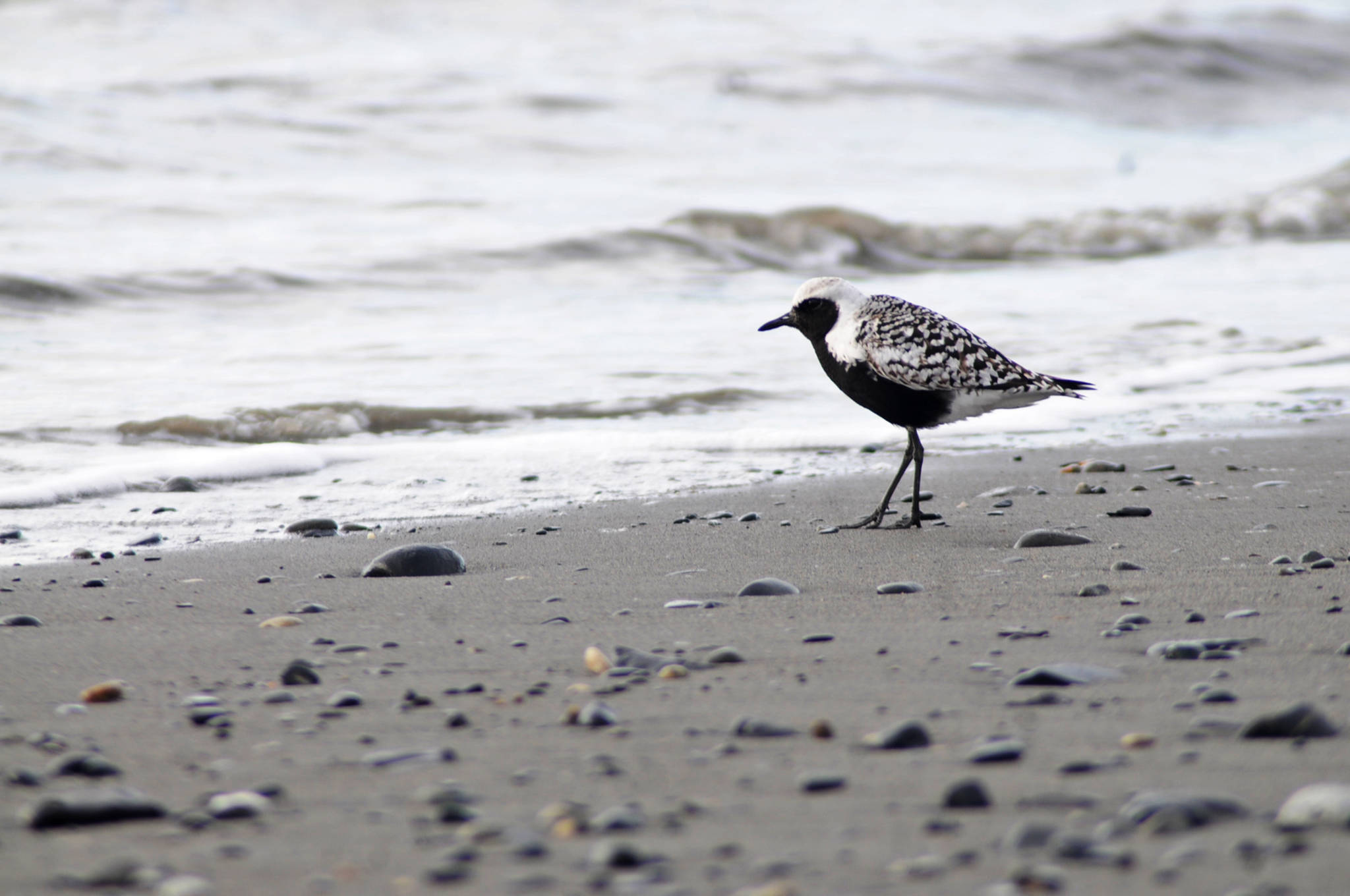Birding activists and a group of senators are asking the U.S. Department of the Interior to rethink a recent decision to interpret the Migratory Bird Treaty Act differently than in the past.
A memo dated Dec. 22, 2017 from Daniel Jorjani, the principal deputy solicitor for the Department of the Interior, outlines a policy that explains a policy to reinterpret the Migratory Bird Treaty Act to exclude incidental take of birds if the underlying purpose of the activity is not to take birds. In the past, the U.S. Fish and Wildlife Service has interpreted the act to say that any migratory birds protected under the act taken by any activity is illegal. Jorjani wrote in the memo that the interpretation is too severe a penalty to place on otherwise legal actions.
“Indeed, the mere threat of prosecution inhibits otherwise lawful conduct,” he wrote. “… This memorandum finds that, consistent with the text, history and purpose of the MBTA, the statute’s prohibitions on pursuing, hunting, taking, capturing, killing or attempting to do the same apply only to the affirmative actions that have as their purpose the taking or killing of migratory birds, their nests, or their eggs.”
That means industrial activities like running power lines or building wind farms may not be subject to enforcement under the Migratory Bird Treaty Act. The act, now in its 100th year, protects a wide array of bird species that migrate through the U.S. in collaboration with Canada, Mexico, Japan and Russia. The U.S. Department of Justice has used the act to protect birds in cases like a $1 million fine against wind energy company Duke Energy for killing 14 golden eagles and 149 other birds in Wyoming from 2009–2013.
A group of 10 senators signed an April 4 letter sent to Interior Secretary Ryan Zinke expressing concern about the reinterpretation of the law, saying it could lead to more bird deaths in the country.
“Eliminating agency authority to address incidental take under the (Migratory Bird Treaty Act) risks reversing the significant progress the nation has made in recovering and maintaining bird population, ties the hands of the Department’s wildlife professionals, and undermines our international obligations,” the senators’ letter reads. “There are reasonable alternatives available to address this issue that will positively impact bird and still provide regulatory certainty under the (Migratory Bird Treaty Act).”
The senators’ letter follows a similar letter sent by 17 former Department of the Interior officials to Zinke and a variety of members of the House of Representatives and the Senate, including Sen. Lisa Murkowski (R-Alaska) in her role as the chairwoman of the Senate Committee on Energy and Natural Resources.
There are still protections for bird habitat in other environmental laws, but what bird conservation activists fear is this change could open the doors to companies running roughshod over birds in their operating areas. Audubon Alaska’s Policy Director Susan Culliney said in an email that the law has helped to open conversations with companies about finding solutions to help birds while allowing them to continue to operate.
“But the administration’s new interpretation of the law would allow these senseless deaths and ignore their common sense solutions,” she said. “It is concerning to see the administration’s new policy reversing decades of bipartisan precedent, to the detriment of the migratory birds that the law seeks to protect.”
Other protections remain, such as the National Environmental Policy Act, which requires companies applying to conduct operations that would impact wildlife habitat to complete an assessment of impacts and submit an Environmental Impact Statement to the U.S. Environmental Protection Agency. That law is the centerpiece of an ongoing lawsuit over bird habitat protections in western Alaska — a group of plaintiffs is suing the federal government over a decision to approve a land transfer allowing a road to be built through the Izembek National Wildlife Refuge between Cold Bay and King Cove. The plaintiffs cite both the National Environmental Protection Act and the Alaska National Interest Lands Conservation Act in their complaint.
The Kenai Peninsula is a major birding location, both for Alaska residents and visitors. At its April 3 meeting, the Kenai Peninsula Borough Assembly passed a resolution designating 2018 as the “Year of the Bird” in part to acknowledge the 100th anniversary of the Migratory Bird Treaty Act. The Kachemak Bay Shorebird Festival and Kenai Peninsula Bird Festival attract thousands of visitors from all over the Lower 48 and Alaska to see the annual arrival of birds to the peninsula. The Kenai River Flats is also designated an important bird area by the Audubon Society, with more than 100 migratory bird species documented there.
The assembly resolution, sponsored by member Willy Dunne, notes the various birding activities on the peninsula and that “the year-round abundance of birds on the Kenai Peninsula create outstanding opportunity for loal and visiting birders, as evidenced by the fat that among all the boroughs in Alaska, the Kenai Peninsula Borough has the second highest number of checklists on (online and app-based birding tool) eBird.”
Reach Elizabeth Earl at eearl@peninsulaclarion.com.

